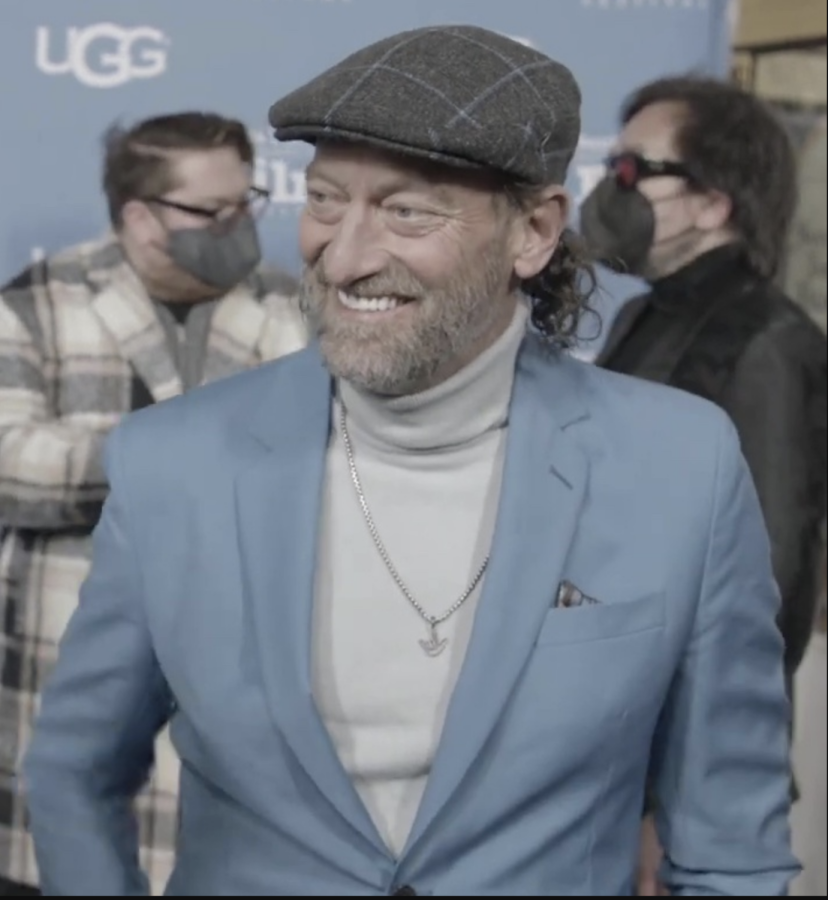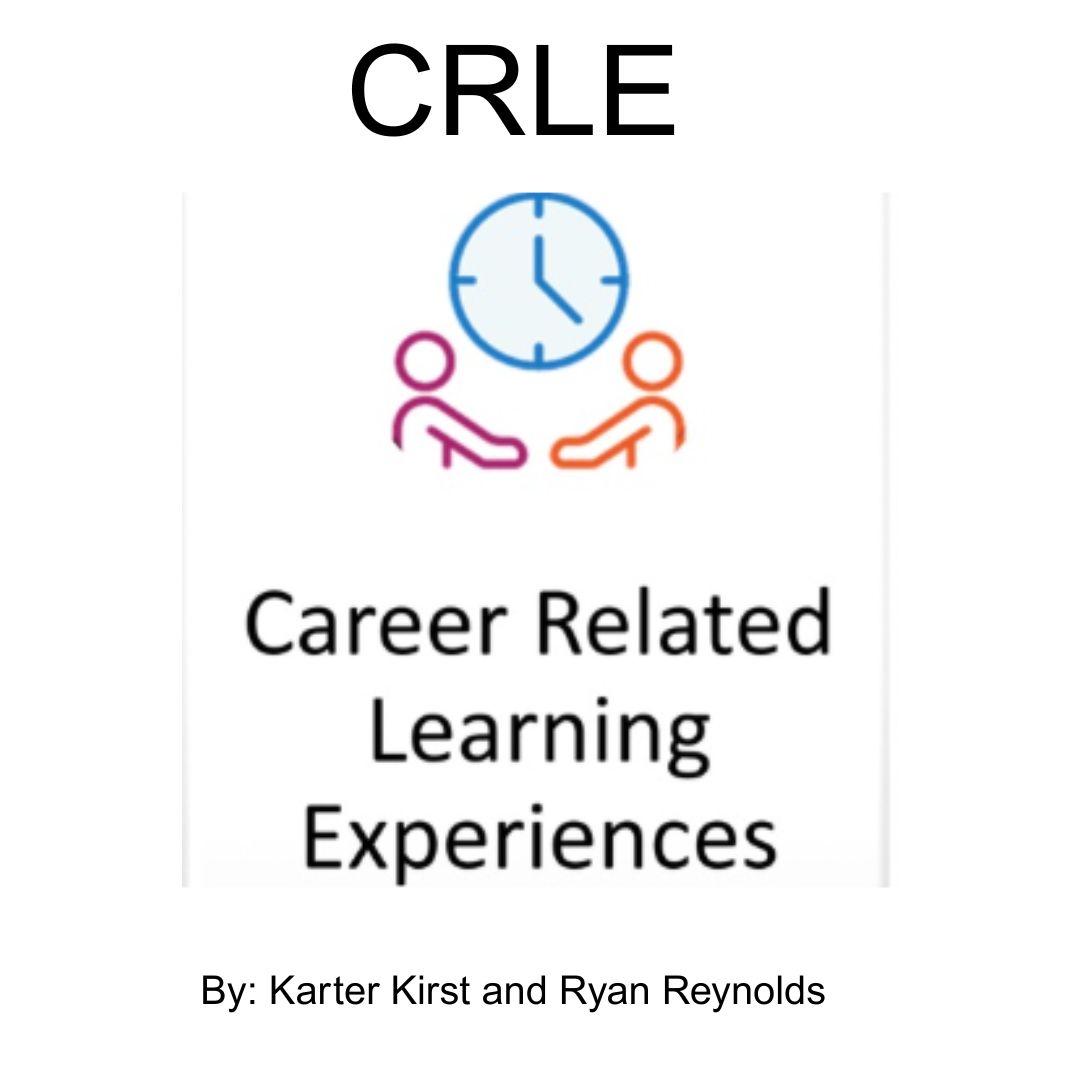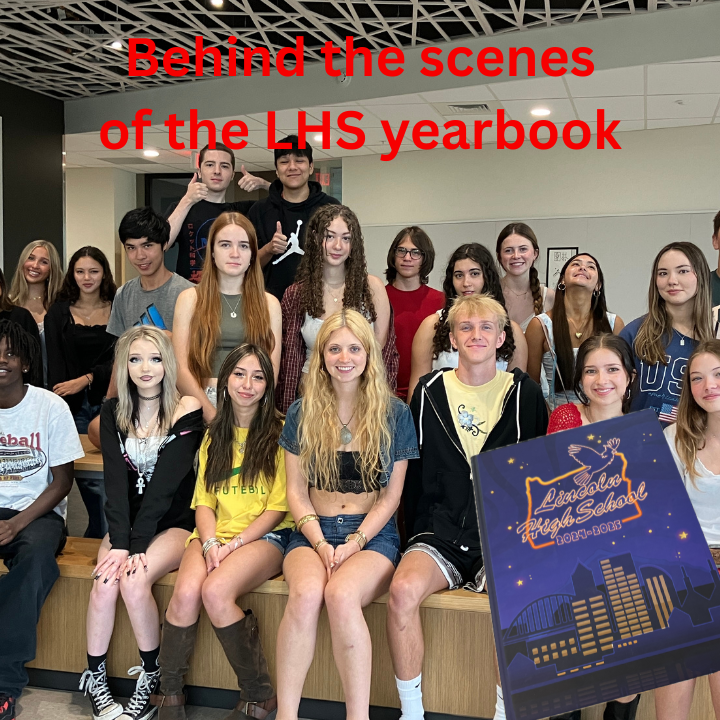CODA Offers Deaf Representation Never Before Seen in Hollywood
Troy Kotsure plays the main character’s father in the best-picture winning movie CODA. He is the first deaf man to win an Oscar.
April 20, 2022
This year’s Oscar best-picture winner is CODA, the first movie featuring a mostly deaf cast to win the best picture at the Oscars. CODA is an acronym for Children of Deaf Adults. The aptly titled movie was based on a French film from 2014, “La Famille Bélier.” CODA focuses on a hearing girl named Ruby who has a deaf family. Ruby falls in love with singing, which her family does not understand or support until the end of the movie.
CODA is a breakthrough movie for deaf representation on the big screen. The writer-director, Sian Heder, won best-adapted screenplay and Troy Kotsur who plays Ruby’s father won the Oscar for best supporting actor, making him the first deaf man to win an Oscar in the 93-year history of the Academy Awards.
Jared Reynolds is a senior at Lincoln High School and a child of deaf adults (CODA). He and his brother have deaf parents, but they are both hearing. To him being a CODA is like being a bridge between the deaf to hearing world.
“You are raised by deaf parents, but you also are immersed into the hearing world in a way that your parents never will be,” said Reynolds. “In some ways, you will never quite be a full part of either community, but CODAs can also reach the hearing world and educate people on deafness because they have experience being a hearing person and being exposed to deafness.”
Reynolds says he can relate to the main character in CODA as they both share the responsibilities that come with being CODA, such as being the interpreter for his parents in social settings like restaurants and grocery stores.
“It is not a burden at all. It is just something that I do and I don’t really think twice about it,” said Reynolds.
Seeing CODA and deaf representation on the big screen was surreal to Reynolds. He could especially relate to it because like Ruby, he is a musician.
“I am also pursuing a career in music like the protagonist was, and I felt a little bit guilty that my parents would never be able to experience it or hear my voice. But in the film, the parents were blatantly unsupportive until the end of the film, whereas my parents are very supportive of me and try to find ways to connect with me and my music as much as they can,” said Reynolds.
Reynolds feels as though the release of CODA has offered audiences worldwide more understanding of deaf culture.
“Being a CODA and the dynamics of having a deaf family is so complicated that we found it difficult to explain to others, and we found that we couldn’t find others that related to our anecdotes,” said Reynolds.
Monica Gibson is the founder and co-president of the neurodivergent club. She founded the neurodivergent club to help others feel validated and less alone.
“It is important for disabled kids to see themselves in the media because they grow up feeling different from everyone,” she said.
Gibson also believes that seeing disabled people receiving accomplishments is incredibly important for disabled students.
“We are taught that we’re not as capable as everyone else in the world,” said Gibson. “Seeing other people like us doing things we were told we can’t do keep young disabled children’s dreams alive.”




